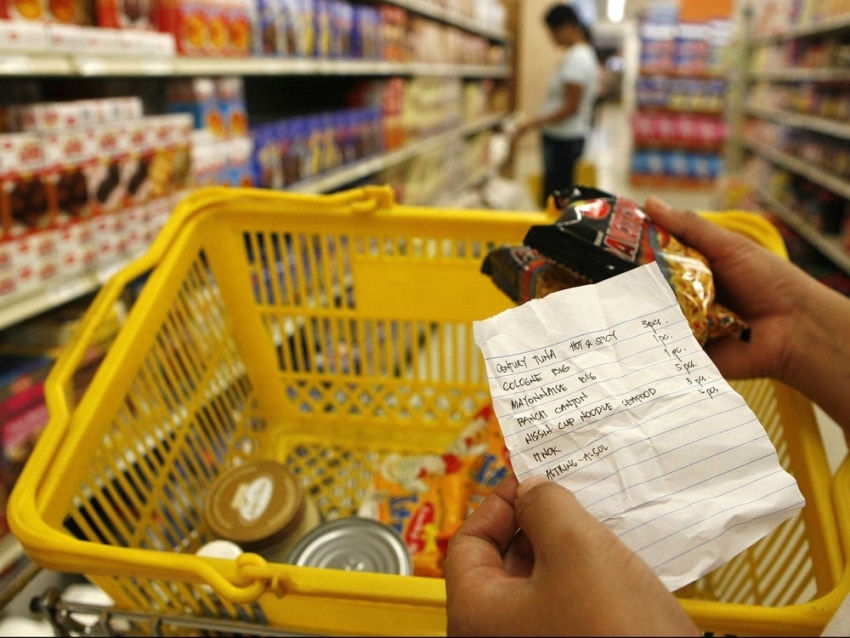In a stark reversal, global food commodity prices have surged for the first time in months, ignited by trade disruptions and exacerbated by extreme weather events. The United Nations’ Food and Agricultural Organization (FAO) announced a concerning 1.3 percent rise in its global Food Price Index for July, raising red flags about food security across the globe. The surge, driven by soaring costs of rice and vegetable oil, marks a concerning shift after a prolonged period of stability. The world watches with growing concern as supply chain disturbances and climatic challenges threaten the access and affordability of essential foodstuffs.
Trade Disruptions and Climate Turmoil Impact Food Prices
The recent FAO report highlights that the global Food Price Index surged due to an unexpected confluence of factors. A cessation of the UN-backed Black Sea Grain Initiative has roiled global food markets, sending shockwaves through supply chains and spiking prices. Hu Bingchuan, a distinguished research fellow at the Rural Development Institute of the Chinese Academy of Social Sciences, noted that this sudden disruption, combined with extreme weather events affecting grain production worldwide, has contributed to the soaring food prices.
Export Restrictions Amplify Global Concerns
Amid the rising food price concerns, several nations, including India, the United Arab Emirates (UAE), and Russia, have implemented export restrictions or outright bans on rice. India, a major global rice exporter, has imposed a ban, sending ripples across international markets. This decision will especially affect African nations such as Benin and Senegal, highlighting the interconnectedness of the global food trade. The FAO’s All Rice Price Index recorded a staggering 2.8 percent monthly increase and a year-on-year surge of 19.7 percent, underscoring the gravity of the situation.
Urgent Call for Collaborative Solutions
The increasing urgency of the situation has prompted calls for collaboration and coordinated action. Turkish President Recep Tayyip Erdogan implored Russia to reconsider the collapsed Black Sea Grain Initiative, emphasizing the devastating impact on low-income countries heavily reliant on grain imports. China’s permanent representative to the UN, Zhang Jun, echoed these concerns during a recent Security Council debate, stressing the need for comprehensive solutions to tackle both immediate crises and the systemic flaws of the food production and trade systems.
Transitioning from rhetoric to action is imperative as global food security teeters on the brink. The FAO’s warning about potential adverse consequences of export restrictions on production, consumption, and prices has ignited a clarion call for swift resolution. The interconnectedness of nations’ food supplies is clearer than ever, and the international community must collectively address the growing challenges to ensure access to affordable and nutritious food for all.
As trade disruptions and extreme weather continue to cast a shadow over food security, governments, organizations, and policymakers are pressed to navigate these complex challenges. The urgent demand for solutions amplifies as global leaders are urged to work collectively to tackle both the immediate symptoms and the underlying causes. In a world striving to achieve zero hunger by 2030, the current crisis serves as a reminder that the global food system must be fortified against disruptions to safeguard the well-being of vulnerable populations worldwide.
















